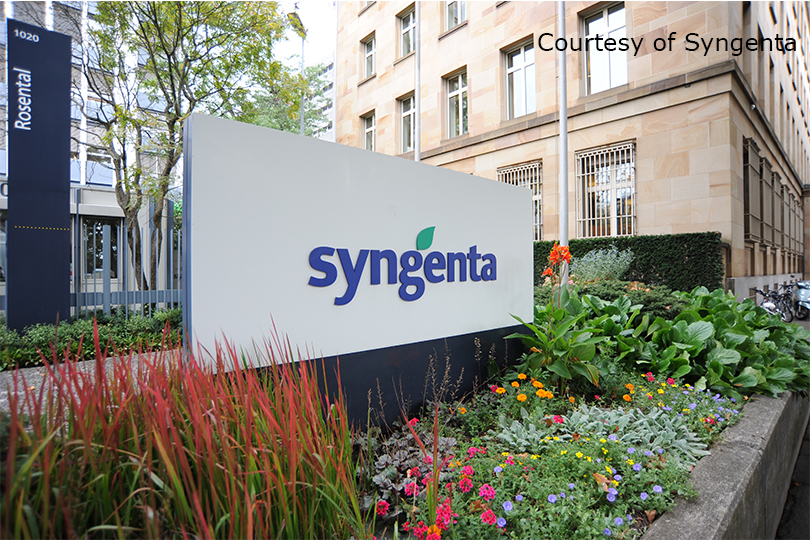By Jessica Domel
Multimedia Reporter
It appears litigation between Swiss agriculture company Syngenta and American corn farmers may be over.
Tuesday afternoon, Syngenta Global announced a pending settlement in the case.
“The proposed settlement would allow both sides to avoid the uncertainty of ongoing litigation,” the statement read. “The settlement does not constitute an admission by either side concerning the merits of the parties’ allegations and defenses.”
Although exact details of the settlement are not yet available, Syngenta Global reports a settlement fund will be established to handle farmer claims.
The settlement came as the second grower trial, this one in Minnesota, challenged Syngenta’s sale of Agrisure Viptera and Agrisure Duracade corn traits.
Lawyers representing the farmers claim the insect-resistant, genetically-modified corn caused “catastrophic damage” to the American corn industry, because it was not yet approved for sale in China when released for sale in the U.S.
When American farmers began exporting their corn to China, the strain was detected. The country stopped buying all American corn.
The incident cost the American corn industry and farmers $5.77 billion, according to lawyers. Syngenta claimed corn prices were already falling when the incident occurred.
Earlier this year, a Kansas judge awarded corn farmers $217.7 million in compensatory damages in a similar suit.
After the verdict was handed down, Syngenta said they commercialized Viptera in full-compliance with all U.S. regulatory and legal requirements and the judgement would “only serve to deny American farmers access to future technologies even when they are fully approved in the U.S.”
At the time, Syngenta said they will appeal the decision to defend the rights of American farmers to U.S.-approved technologies.
The settlement announced Tuesday is still subject to court approval.
Syngenta said information concerning the settlement fund and the claims process will be made available after the settlement agreement is finalized later this year.

